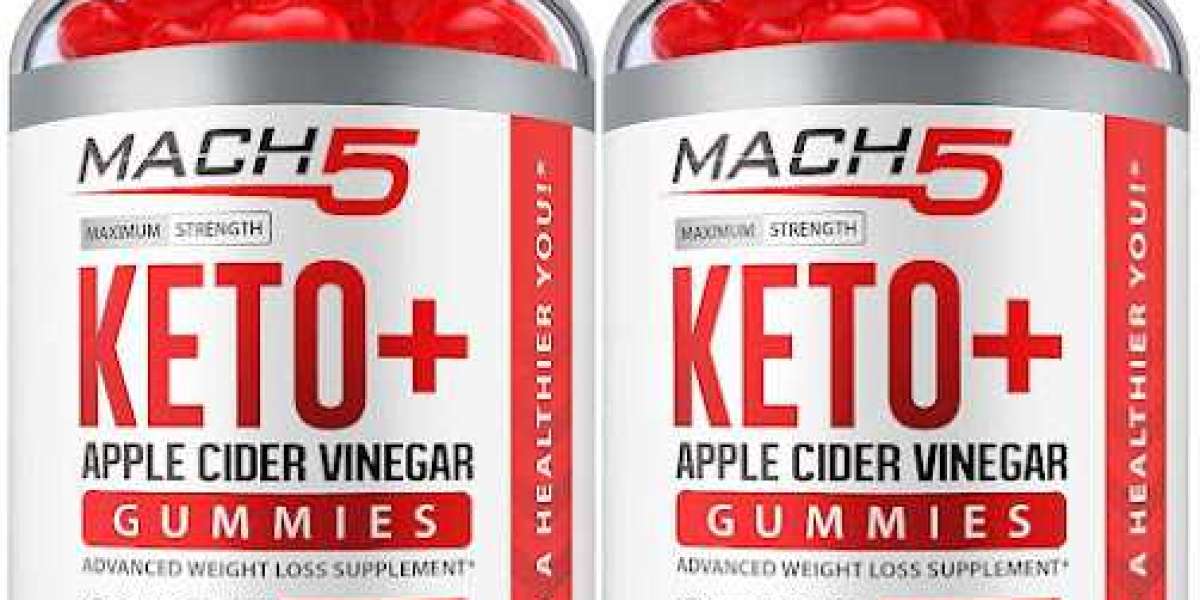D-Lin-MC3-DMA is useful for design of lipid nanoparticles for in vitro and in vivo delivery of plasmid DNA. LNP systems containing D-Lin-MC3-DMA can be highly effective, non-toxic pDNA delivery systems for gene expression both in vitro and in vivo.
Dengue virus is a ssRNA+ flavivirus, which produces the dengue disease in humans. Currently, no specific treatment exists. siRNAs regulate gene expression and have been used systematically to silence viral genomes; however, they require controlled release. Liposomes show favorable results encapsulating siRNA for gene silencing. The objective herein was to design and evaluate in vitro siRNAs bound to liposomes that inhibit DENV replication. siRNAs were designed against DENV1-4 from conserved regions using siDirect2.0 and Web-BLOCK-iT™ RNAiDesigner; the initial in vitro evaluation was carried out through transfection into HepG2 cells. siRNA with silencing capacity was encapsulated in liposomes composed of D-Lin-MC3-DMA, DSPC, Chol. Cytotoxicity, hemolysis, pro-inflammatory cytokine release and antiviral activity were evaluated using plaque assay and RT-qPCR. A working concentration of siRNA was established at 40 nM. siRNA1, siRNA2, siRNA3.1, and siRNA4 were encapsulated in liposomes, and their siRNA delivery through liposomes led to a statistically significant decrease in viral titers, yielded no cytotoxicity or hemolysis and did not stimulate release of pro-inflammatory cytokines. Finally, liposomes were designed with siRNA against DENV, which proved to be safe in vitro.







